Following a nursing elective in Ghana with Work the World, Temitope Babajide — a third-year nursing student at Anglia Ruskin University — won the prestigious Nursing Student Award from the RCNi.
Temi was shortlisted and eventually won the award for fundraising to ship medical resources donated by her trust to her placement hospital in Ghana, delivering a hand hygiene programme that has reduced infection rates, and setting up a widows’ community support group including health checks while on placement.
We caught up with Temi to get her to take on the experience.
Can you tell us a bit about your experience in Ghana?
I’m African-born, and I was brought up in Nigeria. But going to Ghana was a totally different experience, especially when I went to the village. Let’s just say I was born with a silver spoon in my mouth. I didn’t have any experience with rural life.
Having come from that background, I wanted to go and see what life was like in rural Africa. And I’m glad I did. I’d read so much about people living in these kinds of circumstances but seeing it firsthand brought it to life.
I wanted to understand the cultural and socioeconomic factors that affect the way nurses practice in Ghana, especially in such a rural setting.
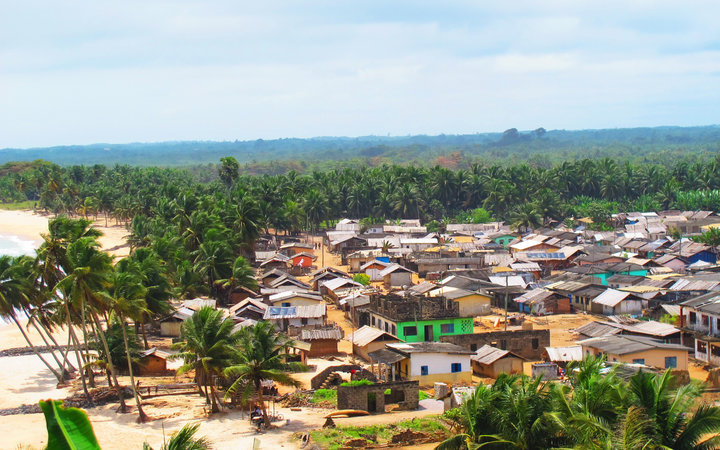
While I was there, I also delivered a presentation on how best to use gloves. But the biggest challenge I set myself was organising an event for the widows in the village. The women received a health check and I ran an empowerment session. We were happy that through the screening, some of the women received a diagnosis of conditions they didn’t know they had.
When I was in the main hospital in the city, my trust in the UK donated lots of items that I shipped over and gave to the hospital, and they were so grateful. I took with me sharps boxes, gloves, sanitisers, a vital observation machine, Clinell clean indicators notes… there was a lot.
I raised around £950 myself and used it to buy malaria and HIV testing kits for the hospital.

So tell us a bit about the competition. It’s an incredibly competitive award as I understand it.
Yes, it was a national competition. Entry was quite demanding — there were written questions, supporting statements, evidence… And to make things more of a challenge, a lot of people apply as a group or a trust. So when you apply as an individual, you’re up against people with a lot more resources than you.
It took a lot of time and effort.
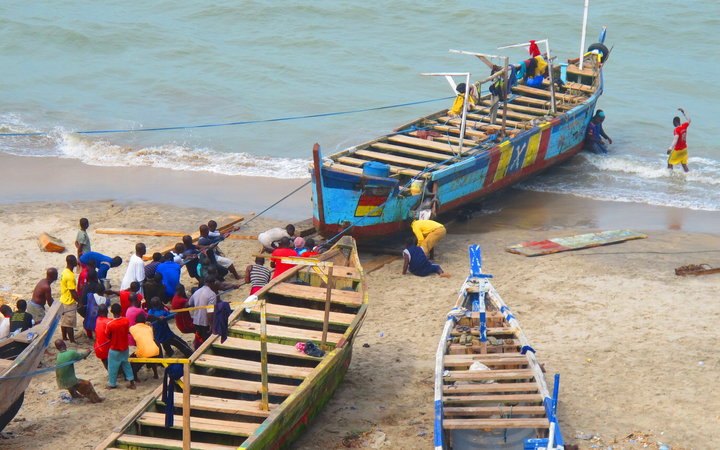
Do you know how many people applied?
I’m not exactly sure about the number of applicants, but it’s in the thousands. The student award had 700 qualifiers at the start. Then it went to 16, then to 8 and so on.
When I got to the finalists, I thought “Oh!” To even get to that stage was a big deal.
Did you have any idea you were going to get that far?
I wasn’t sure. You don’t get the feedback straight away. I didn’t hear anything for the first week, but I knew that I had at least met all the requirements. I felt I’d done my best but didn’t know if I stood a chance or not. I had my doubts though, as I said before I wondered if people who had applied as a team had more to write about compared to me.
I did realise that I’d done a lot of work though, so I knew I had done everything I could to give myself the best chance of getting through. I made sure I acknowledged the team I worked with, to show that it was an international collaboration. It’s not like I delivered this project by myself. It involved quite a lot of people, individuals and organisations including Work the World. It only worked because people supported me and got involved.
I think that was one of the things the awarding body celebrated — the bringing together of a diverse group of people with different skills from different backgrounds.
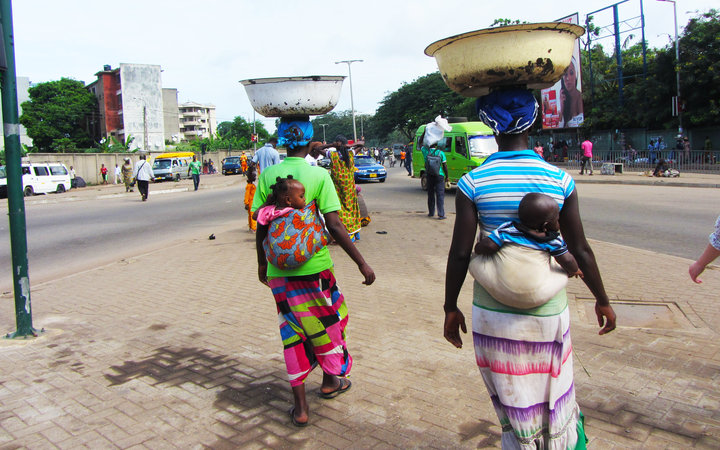
The panel of judges were tough, too. Because it was made up of the ‘who’s who’ of nursing in the UK. People at the top of the NMC, the RCN… All these people are the people that the pros look up to.
It was a challenge, but when I found out I had won I was overjoyed. I had a family friend with me on the day the winner was announced. It was her birthday and we were having dinner at her house, and later on, we decided to watch the announcement ceremony together.
Then as soon as I heard my name I screamed, “What?!” After that, everyone started messaging me on social media, my emails were overloaded… You get the picture.
When I found out that I won, I got in touch with the people from Work the World in Ghana who were there while I was getting things off the ground. They even travelled to the village and sent me photos and videos of all the people we’d helped, all of them thanking us for the work we’d done.
What was your experience with Work the World like?
Travelling with Work the World was such a big help, across the board. Having my accommodation sorted out was a weight off my mind, so I could focus on the fundraising side of things.
The team met me at the airport when I arrived, and we had all these orientations and welcome briefings. The team even showed us where we could get our money changed and took us to get Ghanaian sim cards so we could stay in contact while we were out there.
Everything was prepared and planned.
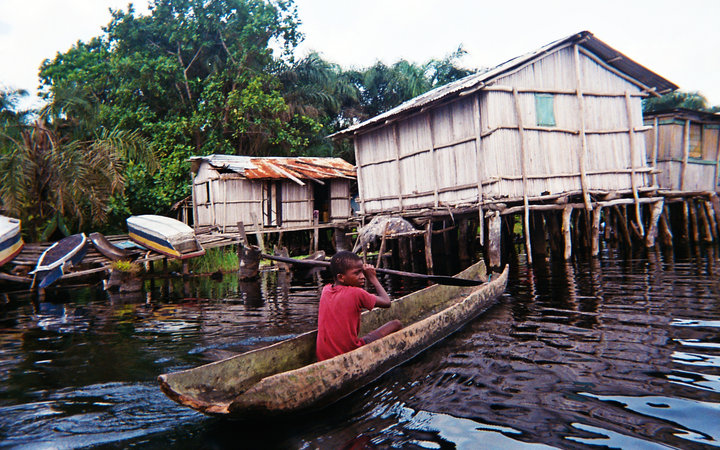
Another big factor was having the resources that Work the World provided really helped. The info pack and MyTrip were so informative. The language guides were all set out, which I made good use of. And there was a lot of cultural information too. I knew I had to properly integrate into the community, so that was useful to me. I knew about Takoradi before getting there.
Going overseas to get as much experience as you do is something that so few people get the chance to do. It helps you develop skills that help you find the job you want, and you’ll become more confident and courageous.
I recommend Work the World if you’re looking to undertake an overseas placement. You’ll get a lot from the clinical experience and the free time you have to explore the country.

Choose your destination
Start planning your placement today by browsing the destinations you can travel to across Africa and Asia.
Start planning your placement today by browsing the destinations you can travel to across Africa and Asia.
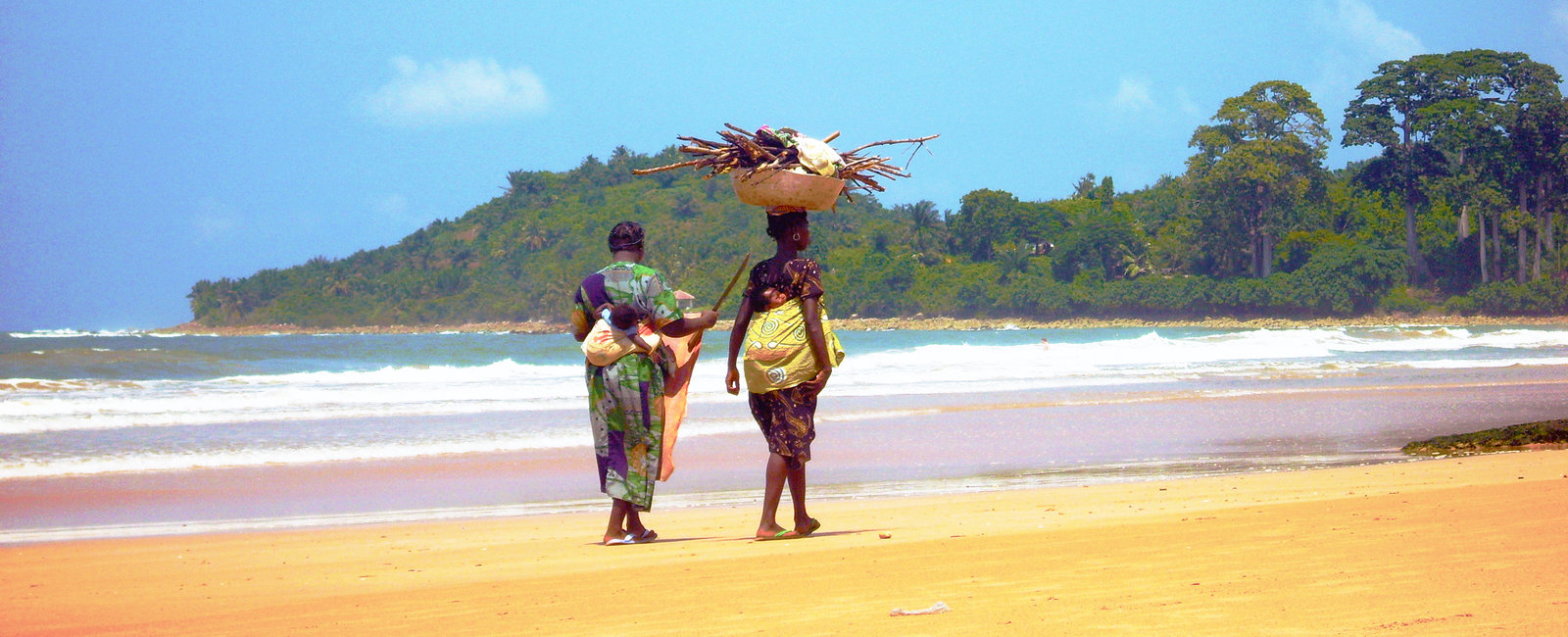
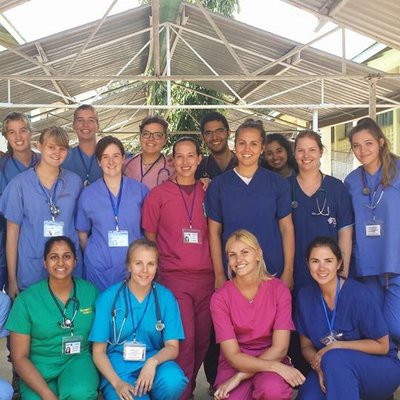
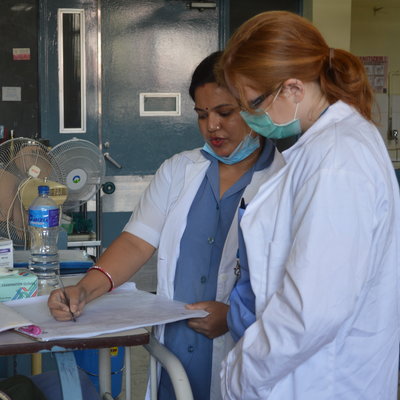
.jpg)





